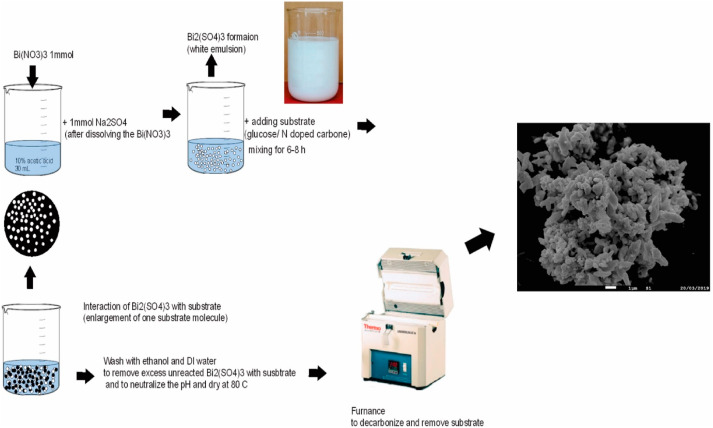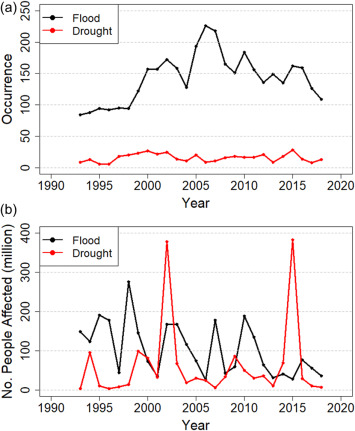Iodide and bromide ions in surface and ground waters can react with natural organic matters and produce toxic disinfectant by-products. A novel bismuth composite material has been developed for the removal of iodides and bromides at parts per million concentrations.
This paper examines the global trends and main health impacts of these events based on databases and case studies, identifies gaps in the Sustainable Development Goals (SDGs) indicator framework for monitoring health impacts of disasters and suggests recommendations to address these gaps.
This book chapter advances SDG 3 by explaining how water, sanitation and hygiene (WASH) essentially address healthy living through intelligent management of human behaviour and the production of wastes so that the environment and ecosystems are not negatively impated. This chapter describes WASH in low resource countries and the role of the engineer in enabling the approach.
This chapter addresses SDG 10 and SDG 3 through an examination the critical dimensions of cyberbullying in relation to hate speech and online harassment, connecting it with racial and ethnic discrimination.
This Personal View addresses SDGs 2, 3, 10, and 12 by exploring the potential consequences of food system innovations in relation to the SDGs. The authors highlight the negative consequences that standalone innovations can have for some sustainability goals, particularly for reducing inequalities and improving social justice. They identify ways in which technical innovations could be embedded in systemic changes to address trade-offs between positive and negative outcomes of their implementation.
Background: Circadian disturbances are commonly seen in people with Alzheimer's disease and have been reported in individuals without symptoms of dementia but with Alzheimer's pathology. We aimed to assess the temporal relationship between circadian disturbances and Alzheimer's progression. Methods: We did a prospective cohort study of 1401 healthy older adults (aged >59 years) enrolled in the Rush Memory and Aging Project (Rush University Medical Center, Chicago, IL, USA) who had been followed up for up to 15 years.
This chapter aligns with the SDG goal 3 of good health and wellbeing by examining the properties of the enzyme, hepatitis C NS2/3 protease, with special emphasis on the catalytic components of its active site, and the mechanism by which it hydrolyzes peptide bonds.
Advancing SDGs 3, 5 and 16, this article discusses increased risk of family violence during COVID-19 pandemic and suggests that collaborations between human welfare and animal welfare agencies, expanding community partnerships, and informing the public of the great importance of reporting any concerns of abuse are all critical at this time.
Elsevier,
Jenkins et Al. Application of sex and gender health: A practical framework. In: Jenkins et al, How Sex and Gender Impact Clinical Practice, Academic Press, 2021, Pages 3-8.
This book chapter advances SDGs 3 and 5 by explaining that the use of a sex- and gender-based framework in the clinical practice of medicine will improve the care of both women and men, and likely have a positive impact on health outcomes.
Elsevier,
Oliver et al., Practice improvement through a sex and gender high-value healthcare model, In: Jenkins et al, How Sex and Gender Impact Clinical Practice, Academic Press, 2021, Pages 309-323.
This book chapter advances SDGs 3 and 5 by explaining that there is evidence that healthcare cost distress affects women disproportionately, and that one way clinicians can help combat the epidemic of financial toxicity is through the practice of high-value care, an approach that aims to improve patient health and well-being by reducing the costs of care and/or by improving patient outcomes.


